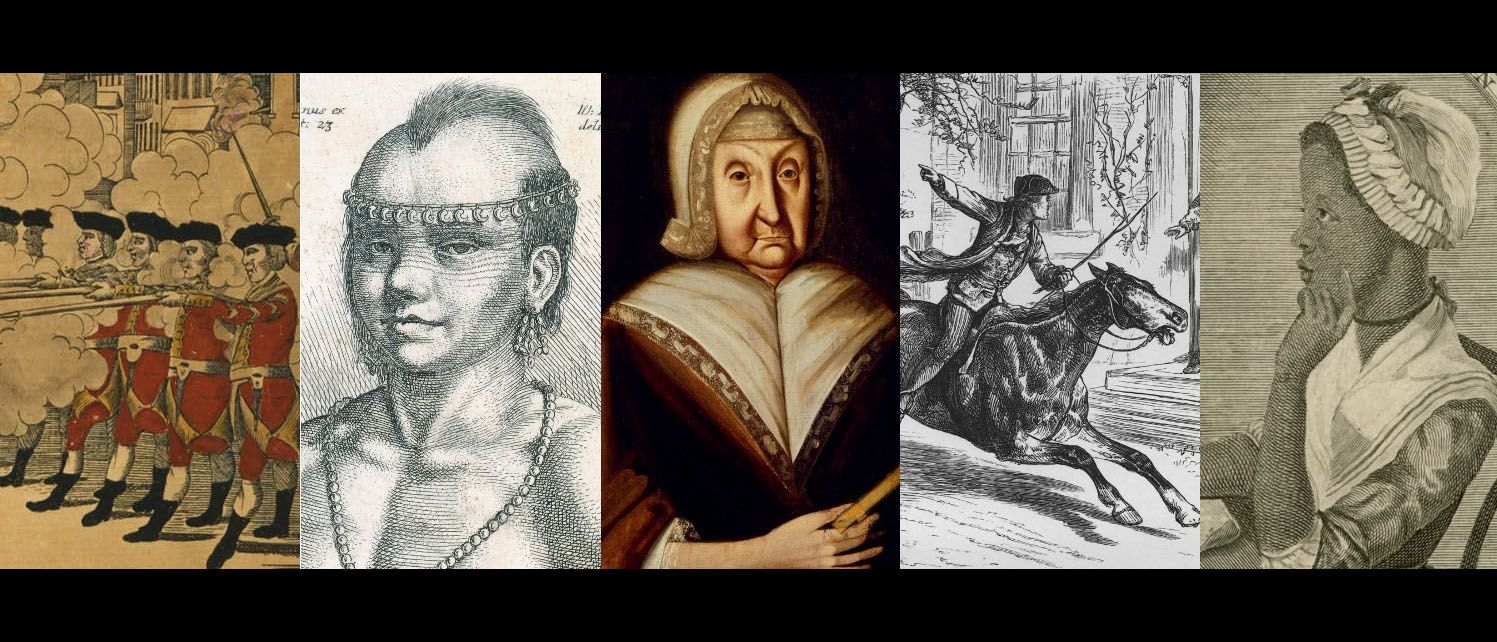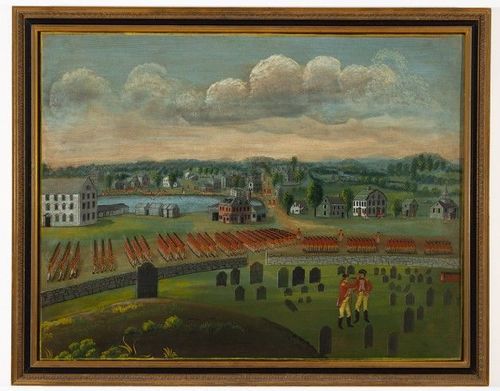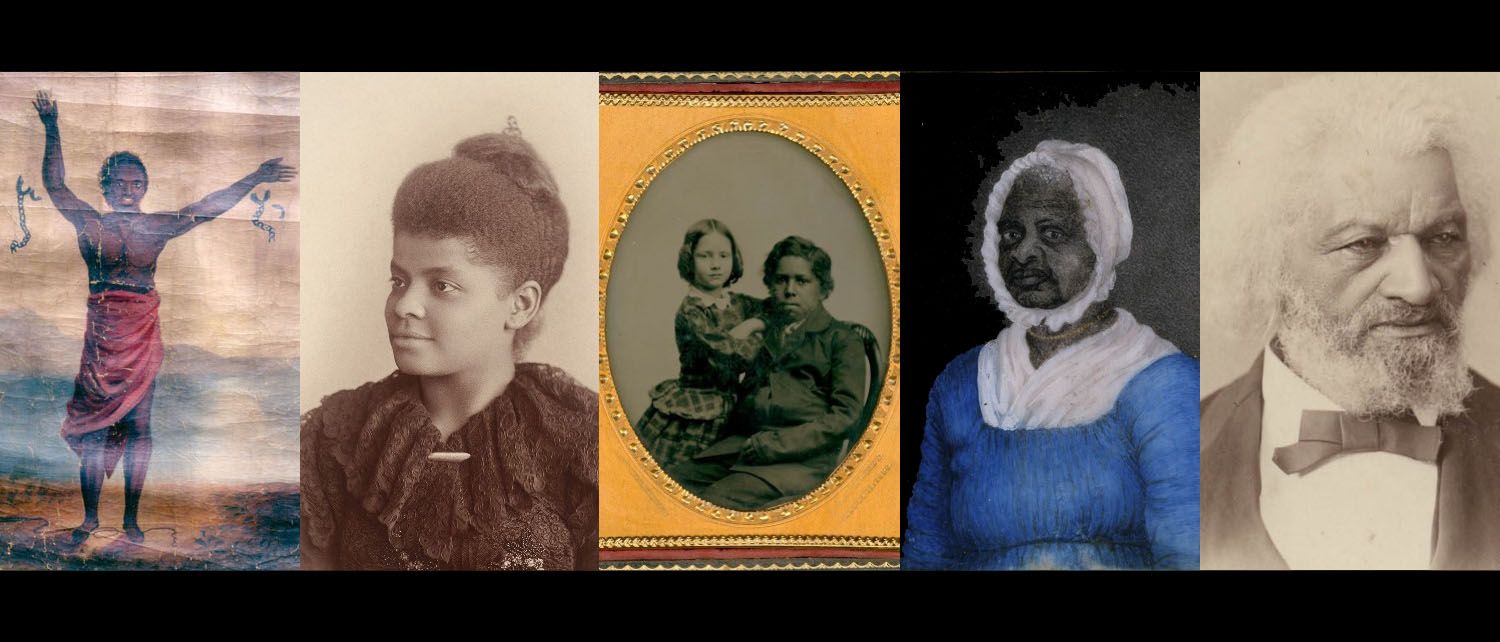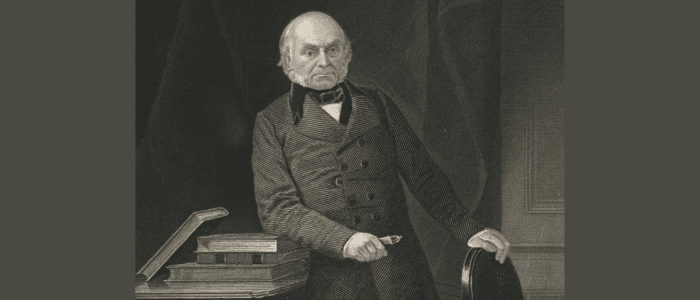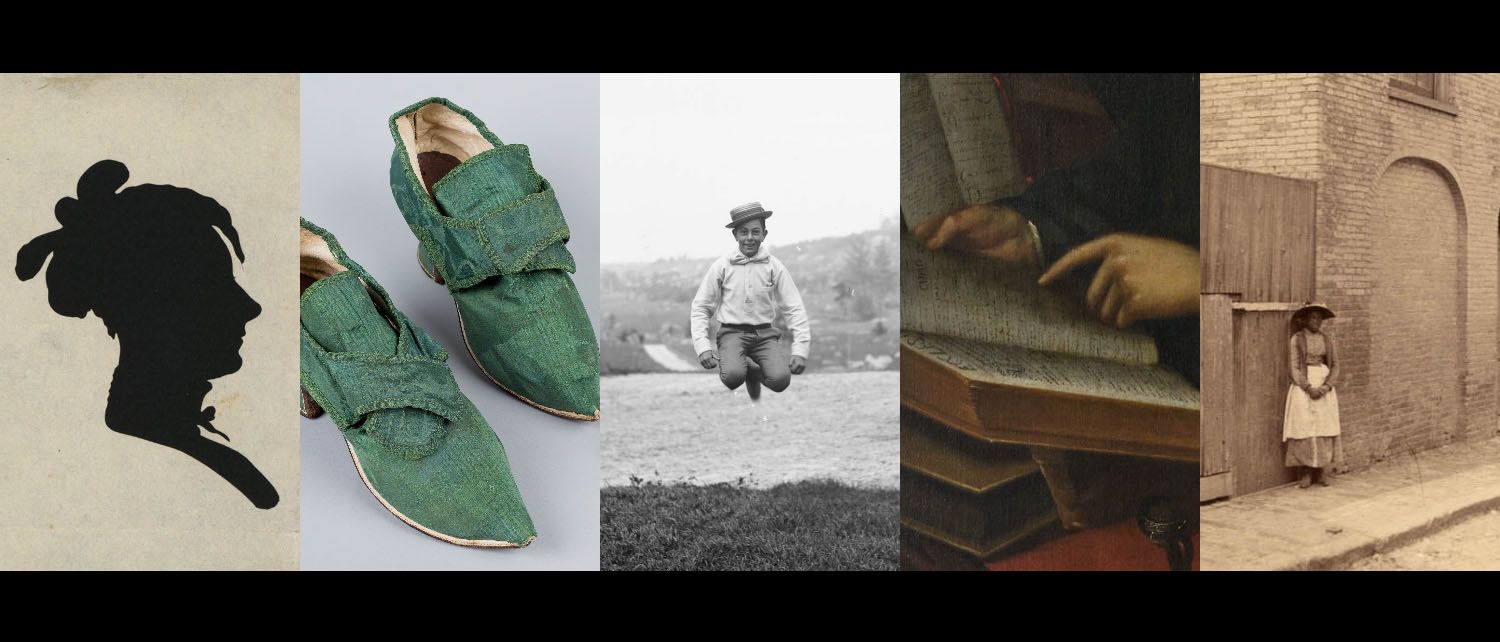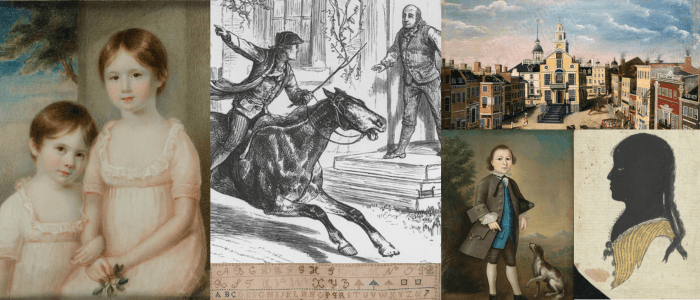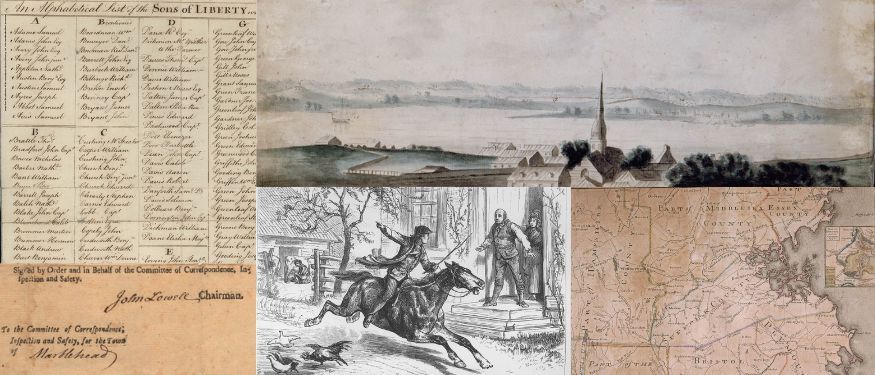Event

Modernism Series: Program Three - Politics of Modernism
Tuesday, February 16, 2016 6:00 PM - 7:30 PM EST
At MHS
Liz Cohen, Radcliffe Institute, Harvard University; Elihu Rubin, Associate Professor at Yale University and Chris Grimley, AIA, Over, Under
The arrival of Edward Logue as the head of the Boston Redevelopment Authority ushered in a new generation of buildings in Boston. Both the politics and the design of this period could be described as bold, often controversial, and of a scale that had not been seen before. Starting with the completion of the Prudential Tower, this era redefined the skyline, streetscape, and aspirations of the region.
There is a pre-talk reception at 5:30pm
